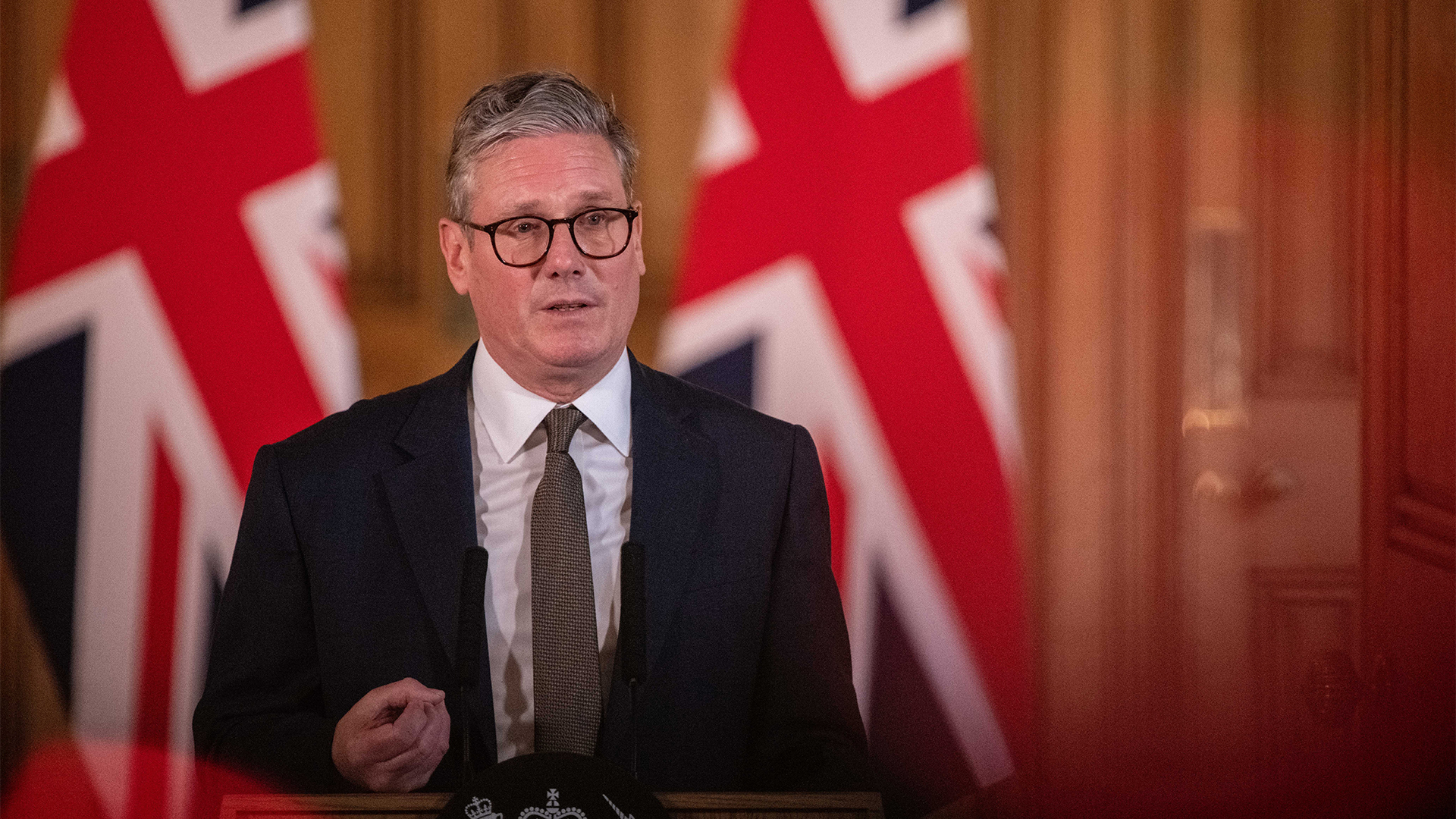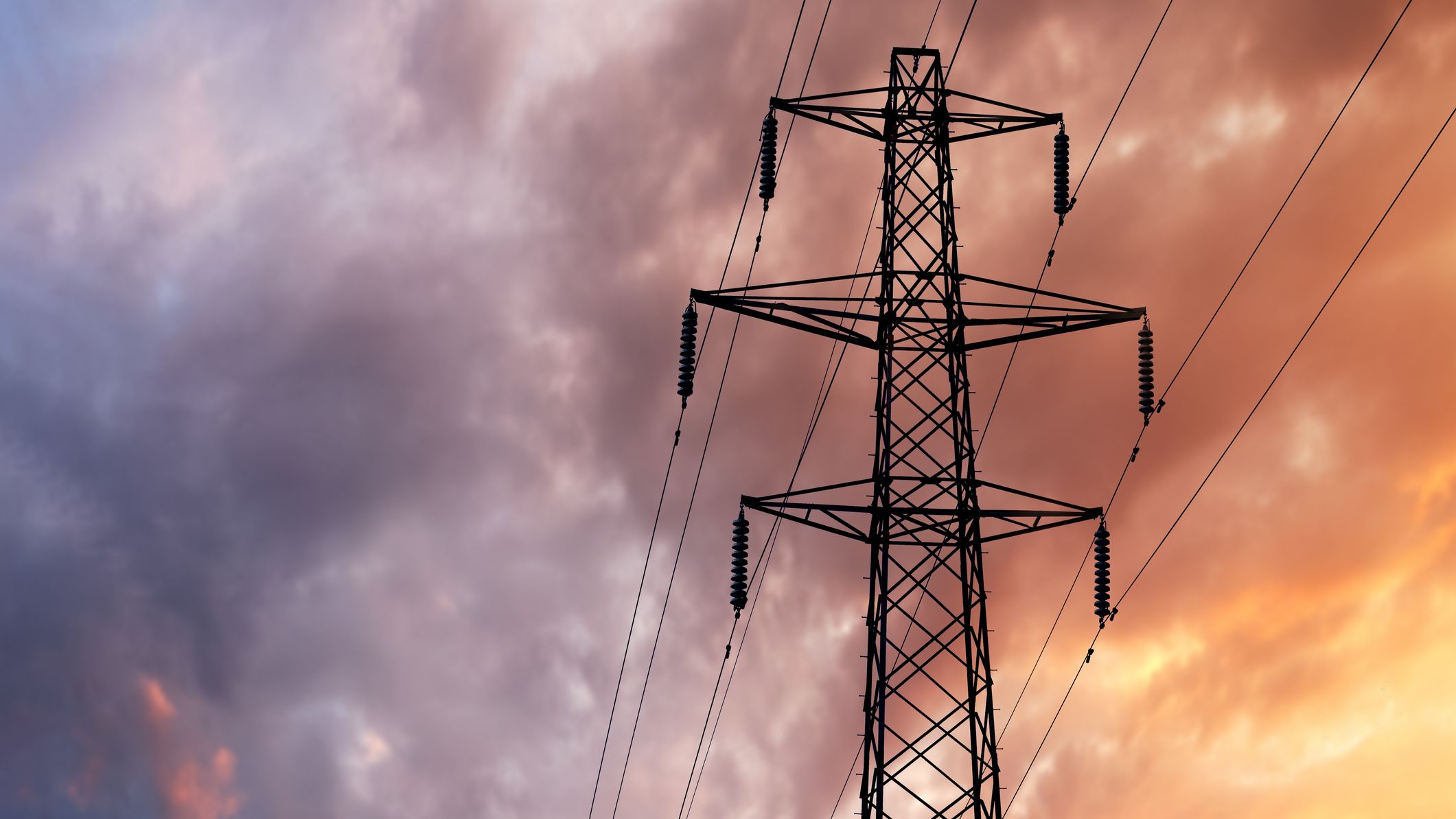Wi-Fi could be hit by climate change
Tech, utilities and transport must be safeguarded to protect economic growth from the effects of climate change.

Environment secretary Caroline Spelman has called for the UK tech and other key industries to protect themselves from the adverse affects of climate change, by adopting design and planning measures to cope with extreme weather conditions.
Speaking at the publication of a cross-government report entitled "Climate Resilient Infrastructure," Mrs Spelman has urged the ICT, transport, energy and water sectors to take preventative insurance measures now, to keep our communications, transport and power networks constantly operational in the future.
"Our economy is built on effective transport and communications networks and reliable energy and water supplies," she said. "But the economy cannot grow if there are repeated power failures, or goods cannot be transported because roads are flooded and railways have buckled, or if intense rainfall or high temperatures disrupt Wi-Fi signals."
In an interview with The Guardian, she added: "If climate change threatens the quality of your signal, or you can't get it because of extreme fluctuations in temperature, then you will be disadvantaged, which is why we must address the question.
"And just imagine in the height of an emergency if the communications system is down or adversely affected."
The Government's macroeconomic strategy plans to support UK industry infrastructures in this regard amount to some 200 billion, a sum which is expected to be invested over the next five years.
Aligning Mrs Spelman's comments more closely with the core requirement for both physical and technological robustness at all levels, Rail minister Theresa Villiers highlighted the importance of the UK's transport network planning for climate change.
Sign up today and you will receive a free copy of our Future Focus 2025 report - the leading guidance on AI, cybersecurity and other IT challenges as per 700+ senior executives
"Despite the need to cut deficits, the government is committed to investing in our transport infrastructure through vital projects such as the Thameslink upgrade, Crossrail, the proposed High Speed Rail Network and more electrification of the rail network," she said.
Actions identified in the report include the need for infrastructure owners and operators to include measures to improve climate resilience in the maintenance schedules for their assets, and for potential infrastructure investors to demand more information from companies on the climate risks to their assets and measures taken to reduce them, as part of their due diligence processes.
-
 LastPass hit with ICO fine after 2022 data breach exposed 1.6 million users
LastPass hit with ICO fine after 2022 data breach exposed 1.6 million usersNews The impact of the LastPass breach was felt by customers as late as December 2024
-
 OpenAI says future models could have a ‘high’ security risk
OpenAI says future models could have a ‘high’ security riskNews The ChatGPT maker wants to keep defenders ahead of attackers when it comes to AI security tools
-
 UK regions invited to apply for ‘AI Growth Zone’ status
UK regions invited to apply for ‘AI Growth Zone’ statusNews The UK government has opened up bidding for regions hoping to secure 'AI growth zone' status.
-
 “Botched government procurement” leads to £24 million Atos settlement
“Botched government procurement” leads to £24 million Atos settlementNews Labour has accused the Conservative government of using taxpayers’ money to pay for their own mistakes
-
 UK government to run Starlink trials in Snowdonia, Lake District
UK government to run Starlink trials in Snowdonia, Lake DistrictNews The government has indicated low-Earth orbit satellites could be key to expanding connectivity to UK businesses
-
 Government holds talks with data centre operators over energy blackout threat
Government holds talks with data centre operators over energy blackout threatNews One data centre operator has been preparing to switch over to diesel power in the event of a national blackout
-
 HPE inks $2 billion high-performance computing deal with the NSA
HPE inks $2 billion high-performance computing deal with the NSANews HPE will provide scalable on-premises computing to the NSA using Greenlake
-
 Broadband not meeting UK consumer expectations
Broadband not meeting UK consumer expectationsNews Survey finds many unhappy with broadband in the UK
-
 Are we really better off as part of the EU?
Are we really better off as part of the EU?News Ed Vaizey certainly thinks you are if you’re a start up or innovator…
-
 Government says everyone now has 2Mbps internet access
Government says everyone now has 2Mbps internet accessNews Department for Culture, Media and Sport has introduced satellite grants for those in low-speed areas